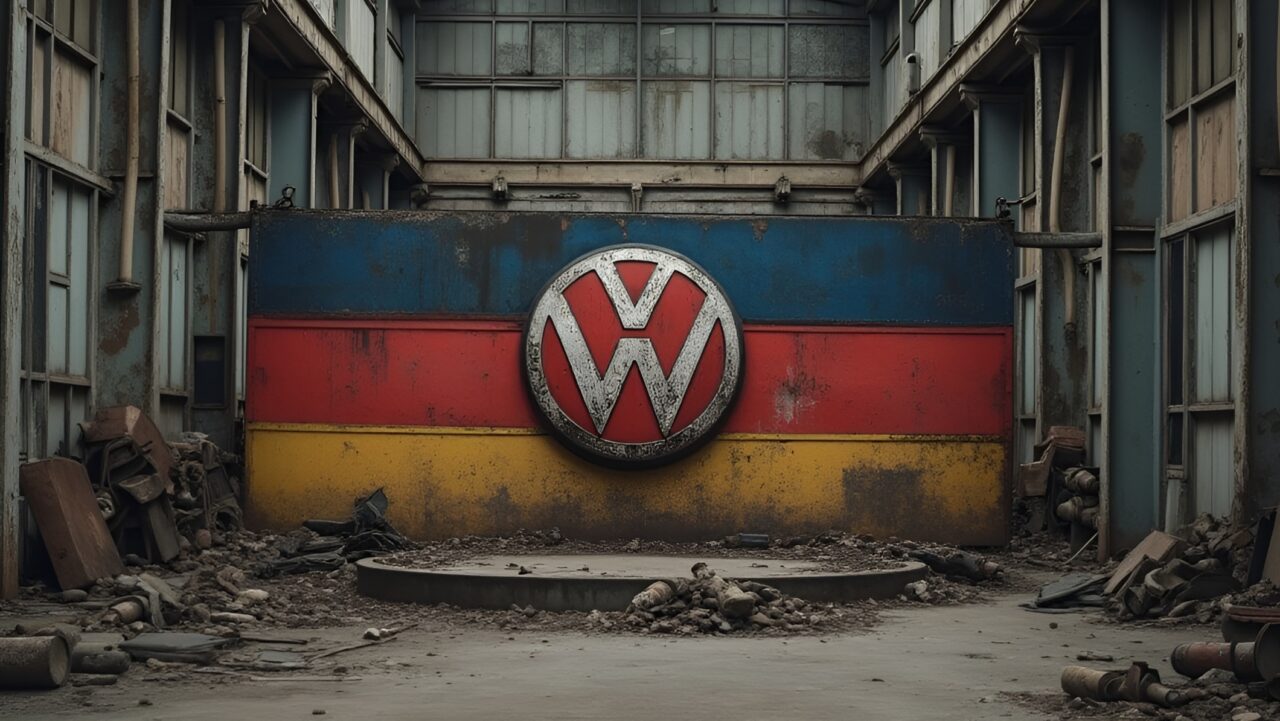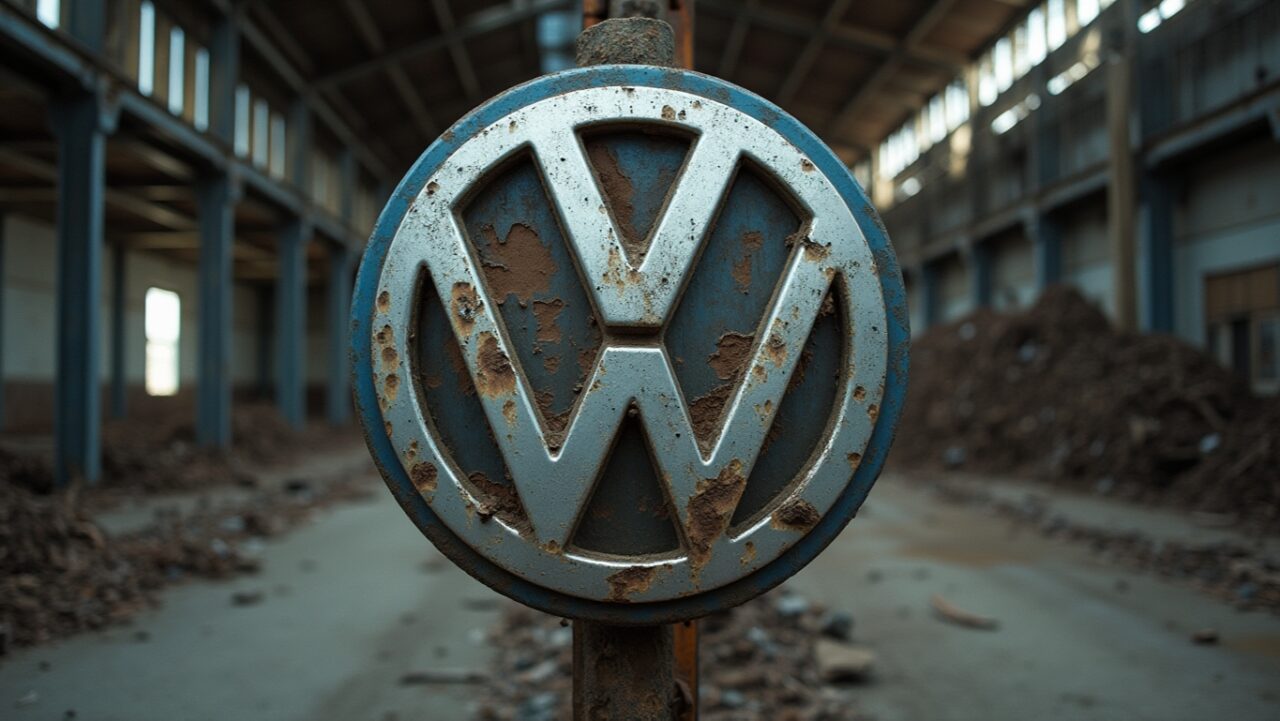Volkswagen is on the verge of a radical decision that will have a seismic effect on the automotive world. The company is seriously considering closing some of its factories in Germany in order to reduce costs. If the closure happens, it will be the first time in Volkswagen’s 87-year history that a factory has been closed in Germany. So why is the company closing a factory? Details in our news…
Volkswagen’s first in its 87-year history: Closure of factories in Germany on the agenda
Volkswagen’s decision to close its factories could be a major blow to the German government, and could also trigger a serious conflict with Volkswagen’s powerful unions. Germany is known as one of the heartlands of the automotive industry, and Volkswagen is one of the giants of this sector. Therefore, potential factory closures could have significant impacts on the country’s economy.

In particular, Volkswagen’s cost-cutting strategy is considered a step towards increasing the company’s global competitiveness, but this step also seems to have major impacts on employees and the local economy.
Volkswagen also plans to terminate the current agreement, which includes a commitment to protect jobs until 2029. This decision could also herald a new era in relations with unions, as unions will strongly oppose this decision in order to protect the rights of employees. This is said to cause tensions between Volkswagen and unions.
Volkswagen’s decision is being watched closely not only in Germany but also in the automotive industry worldwide. So, what do you think this radical move by Volkswagen means for the future of the company? What kind of impact could it have on the automotive industry in Germany? You can write your views in the comments section below.













